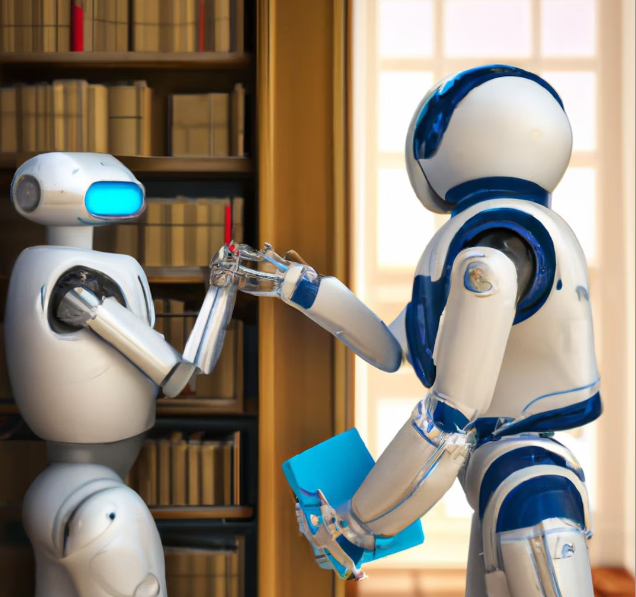ByteDance, the parent company of the immensely popular TikTok app, is under the spotlight as it faces allegations regarding its use of OpenAI’s ChatGPT. This incident brings forth a complex interplay between innovation and ethical considerations in the swiftly evolving field of artificial intelligence (AI) development.

ByteDance’s Defense and Denial
ByteDance has vehemently denied allegations suggesting the improper use of ChatGPT to develop a rival AI service. The company clarified that only a select group of engineers utilized the OpenAI API as part of an experimental model, emphasizing that this was never intended for public release. Despite these assurances, OpenAI took swift action, temporarily suspending ByteDance’s access pending further investigation.
Also Read: Controversy Surrounds: Grok Uses OpenAI Code for Training
Collaboration vs. Competition
This controversy sheds light on the blurred lines between collaboration and competition within the tech industry. ByteDance’s statement underscores the challenges faced by companies navigating the delicate balance between innovation and respecting the terms set by technology providers. As the world of AI development evolves, this incident raises questions about the industry’s norms and the enforcement of ethical standards.

The Competitive Landscape of AI Technology
The incident with ByteDance serves as a microcosm of the broader competitive landscape in AI technology. Chinese companies, including ByteDance, are striving to catch up with global counterparts, especially in the realm of generative AI. The emergence of advanced models like GPT-3.5 and GPT-4 Turbo by OpenAI has intensified the global race for AI supremacy. This showcases the fierce competition within the industry.
Also Read: GPT-4.5: Fact or Fiction? Here’s What We Know
Challenges in China’s AI Scene
ByteDance’s case highlights the challenges facing China’s exponentially expanding AI scene. The surge in the development of local large language models (LLMs) has led to concerns about resource wastage and the necessity for more originality in AI development. This situation emphasizes the need for a thoughtful and ethical approach to innovation, where respecting intellectual property and fostering genuine advancement are paramount.
Our Say
In navigating the intricate landscape of AI development, ByteDance’s case serves as a pivotal moment. It underscores the delicate balance between inspiration and imitation, reminding us that technological advancements must be coupled with a commitment to ethical standards. As the investigation unfolds, it remains crucial for the AI industry to reflect on these incidents and collectively work towards a future where innovation and ethics go hand in hand.
ByteDance’s use of ChatGPT has sparked a crucial conversation about the ethical considerations and competitive dynamics in the AI landscape. This incident serves as a reminder that as technology advances, so too must the principles guiding its responsible use.




